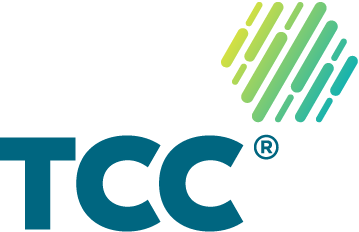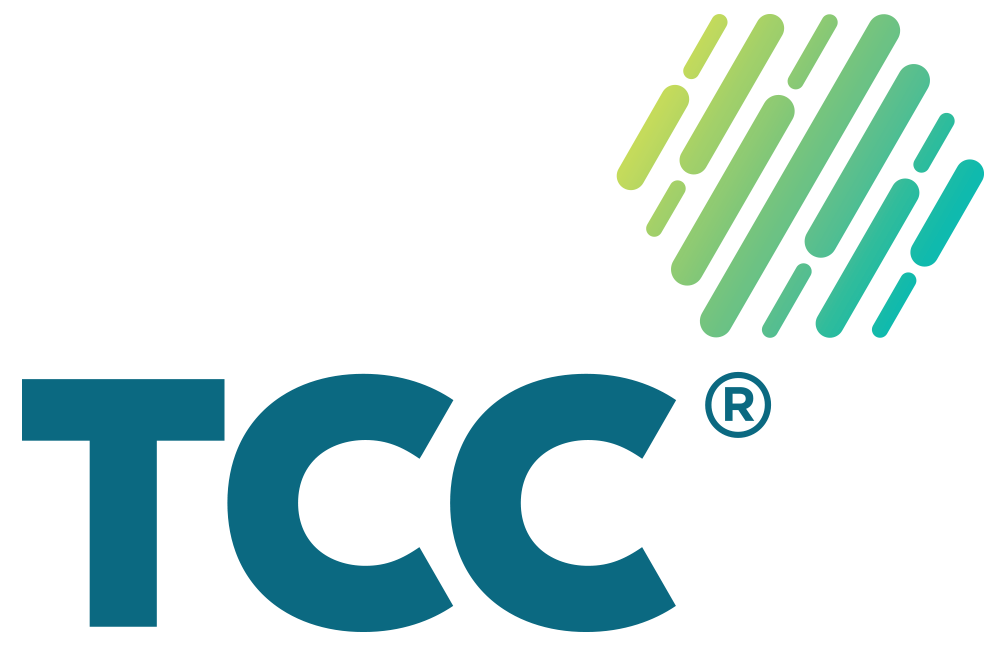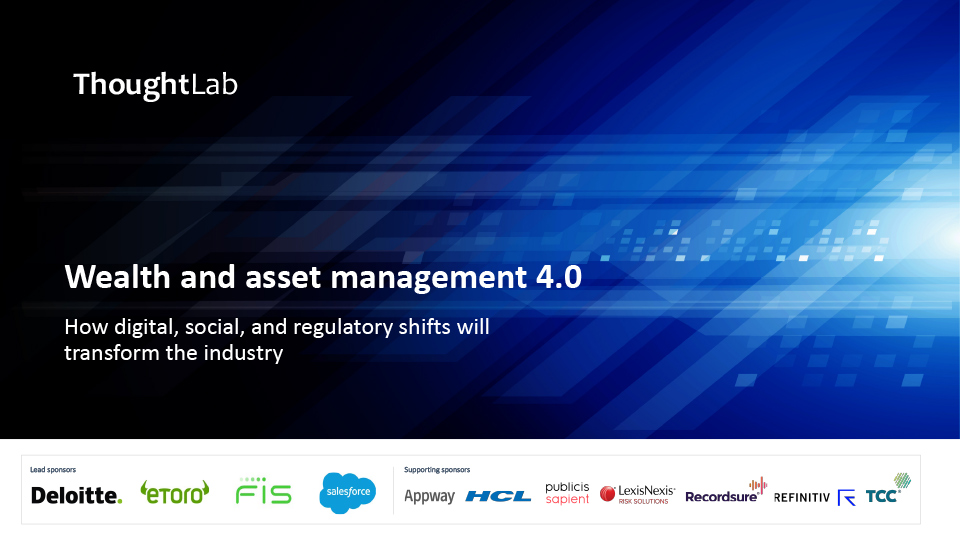Global study, supported by TCC and Recordsure, reveals six post-pandemic changes faced by wealth managers
We’re proud to have been part of a new study of global wealth managers, exposing how providers will need to adapt to investors’ evolving expectations and priorities in the wake of the COVID-19 crisis.
The Wealth and Asset Management 4.0 project, led by ThoughtLab in collaboration with TCC, Recordsure and several other financial services firms, has today released the full findings of a major study into the effects of the COVID-19 pandemic on the global wealth industry.
The ambitious research initiative, Wealth and asset management 4.0: How digital social, and regulatory shifts will transform the industry, highlights how the pandemic has proven to be a watershed event for the sector.
Many of the findings aren’t surprising to us here at TCC – we know the expectations of investors were already shifting in response to wider societal changes, such as an interest in sustainable investing. But, it’s clear that the crisis has accelerated this shift in priorities. Inevitably, these changes mean wealth and asset management providers will need to rethink their strategies, products, services, and pricing models in order to cater to the needs and expectations of modern investors.
In particular, the study shed light on six major shifts that look set to shape the industry over the next decade:
The future of wealth management: what you need to know
- The shift to digital. Because of the pandemic, 40% of investors say digital access has become a greater priority, and nine out of 10 say that mobile will be their preferred channel in the future. In fact, digital is no longer just the domain of millennial customers; it is now preferred by older and richer investors.
- Investing with purpose. Over the next two years, 34% of investors will seek ESG investing advice. Investing for the social good is no longer limited to just millennials: 32% of boomers plan to invest in ESG funds vs. 22% of millennials and 63% of billionaires.
- Democratisation. In two years, 67% of investors will want to invest in alternatives, 49% in IPOs, 47% in tax-exempts, and 45% in commodities. Similarly, 58% of investors will want personal financial planning and 53%, day-to-day financial management services. The difference between wealth levels is fading. For example, 69% of mass affluent want to invest in alternatives vs. 65% of VHNW investors.
- Setting higher standards. About half of investors say that acting in their best interests is the most effective way for advisors to build relationships with them. When selecting firms, investors use ESG criteria: 48% consider ethical business practices, 41% vision and integrity, 39% approach to inclusion, and 34% social purpose.
- Desire for lower fees and greater transparency. Only 37% of investors are happy with provider’s fees, and 36% with fee structures. Even fewer, 35%, understand how their advisors are compensated. Regulators and fintech competition are adding to the pricing pressure.
- Investors will switch providers to get what they want. Over the last year, one-third of investors moved 20% or more of their funds to providers that offered what they want. Over the next two years, 44% plan to do so. And 62% said they are likely or very likely to leave firms to follow their advisors.
TCC Head of Culture Olivia Fahy commented: “Wealth and Asset Management firms now face pressure from investors across generations to provide a robust ESG offering.
“The desire to see progress on environmental, social and governance issues is not limited to a certain age or wealth of investor, and it’s not surprising that interest in ESG investing and ESG goals spans generations and demographics.”
What does this mean for wealth and asset managers?
To succeed in this marketplace, wealth and asset management firms need to truly client-centric approach—focusing on the person, not the demographic. That will require reimagining their client segmentation and go-to-market strategies, as well as their range of products, services, and pricing models.
For example:
- Offering a greater variety of products: almost two-thirds of providers plan to offer alternatives over the next two years—a top requirement for investors—and four out of 10 will offer private placements or venture capital opportunities packaged for a wider range of clients. On the services side, more than half of firms plan to offer goals-based planning and, as a result, they will also add more ancillary financial-related services.
- Integrating digitalisation into business strategies: firms will need to shift their digital transformation programs into high gear, while finding the ideal calibration between a high-tech and high-touch approach. The research shows that firms that embrace digital transformation on average increase their productivity by 13.8%, AUM by 8.1%, and revenue by 7.7%.
TCC and Recordsure Group CEO Joe Norburn said: “Watching the well-established wealth and asset management industry go through this digital revolution at breathtaking speed is elevating.
As a result, investors now have the advantage of a wide range of communications channels to engage with their advisors, simply using the methods they’re most at ease with.”
These insights are based on a global survey of 2,325 investors across age and wealth levels, as well as a cross-country survey of 500 investment advisory groups, private banks and trust companies, broker-dealers, robo-advisors, family offices, and retail, institutional, and alternative asset management firms.
In addition to TCC Group and Recordsure, the wide-ranging study was sponsored by Deloitte, eToro, FIS, Salesforce, Appway, HCL, LexisNexis Risk Solutions, Publicis Sapient and Refinitiv.
Want to find out more? Read the full eBook:
Download now

